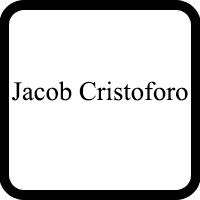 Standish Criminal Lawyers, Michigan
Standish Criminal Lawyers, Michigan
Sponsored Law Firm
-
 x
x

Click For More Info:
-
Jacob A. Cristoforo PLLC
P.O. Box 146 Kawkawlin, MI 48631» view mapCriminal Defense Fighting For Your Rights
If you are looking to hire a lawyer in Michigan, Jacob Cristoforo will be happy to help you. Attorney Cristoforo specializes in Criminal Defense.
800-892-7670
Sponsored Lawyers
1-10 of 32 matches
Criminal, Divorce & Family Law, Litigation, Traffic, Misdemeanor
Jacob Cristoforo is a practicing attorney in the state of Michigan.
(more)Criminal, Personal Injury, Family Law, Medical Malpractice, Litigation
Errick is an Associate Attorney with Smith Bovill, P.C., who began his employment with Smith Bovill, P.C. following his graduation from Thomas M. Cooley Law School in May of 2014. With his primary focus on civil litigation, Errick’s practice consists primarily of personal injury, medical malpractice, professional negligence and ordinary negligence.
(more)


 Jacob Cristoforo Kawkawlin, MI
Jacob Cristoforo Kawkawlin, MI Practice AreasExpertise
Practice AreasExpertise


